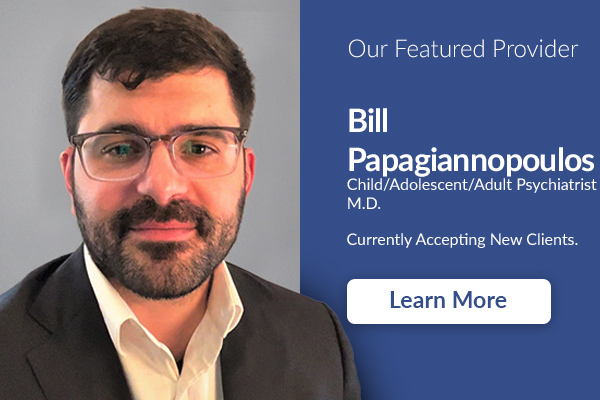5 POWERFUL CONSIDERATIONS ABOUT CAREGIVING by Monica Guilhot-Chartrand, MSW, LCSW
1) WHO ARE THE CAREGIVERS?
Usually it refers to family of origin, extended family, domestic partners, friends, or other individuals who support an older adult. They may cross the lifespan from childhood to advanced age. Caregivers are mostly women in their 40’s and 50’s. Many are “sandwiched” between children and parents. Some are spouses and are themselves elderly.
2) SOME NUMBERS…
- Nearly one-quarter (22.9 %) of all people 65 and over in this country are functionally disabled or currently in need of some form of long term care. The best-case scenario projects that by the year 2040 the population of severely disabled elderly (meaning they will need help with personal activities of daily living) will increase by 90%.
- 54% of people 65+ have at least one disability (physical or non-physical) and 73.6% of 80+ have at least one disability
- The first choice of the 65+ population is to remain in their own home with community services. 95.5% of the 65+ age group do not go into skilled nursing facilities. Second and third choices for seniors are: living in an apartment with care services, or in a small home providing care services for a limited number of persons.
3) CAREGIVING IS BECOMING A NORMATIVE CHALLENGE
Caregiving is a complex challenge. Just consider some of these variables playing a role in caregiving: lack of time, loss of energy, financial pressure, difficulty setting priorities, guilt, long distance caregiving, blended families, fewer children to provide care, demands on older adults to care for their own children and grandchildren, and let’s not forget emotional stress.
4) THE PROGRESSION OF CAREGIVING
- The “expectant caregiver” – The concern is with a relative’s age, medical condition, current living arrangement, etc.
- The “freshman caregiver” – This person has been caring for a short time and maybe doing light errands and some hands-on care.
- The “entrenched caregiver” – This person has been involved for a few years, provides daily if not constant care, and wonders how much he/she can go on.
- The “pragmatic caregiver” – This person is a veteran caregiver. This person has been through hospitalizations, rehabilitations, nursing homes, and has a realistic view of the limitations of the health care system.
- The “transitioning caregiver” – This person may have turned the primary caregiving role to a nursing facility, or the care receiver has passed away. This is a time to mourn and grieve.
- The”Godspeed caregiver” – This person has provided 2 years + post caregiving. The person has helped other caregivers, will tackle new accomplishments, and will continue treasuring memories.
5) HOW CAN WE HELP REDUCE THE BURDEN?
- By framing the “new normal”
- Getting everyone in the same playing field
- Finding strengths
- Caring for the caregiver by finding somewhere to vent, acknowledging past wounds, assembling a support team, clarifying limits and balancing commitments, paying attention to inequities of work, money, and power, and consulting an elder lawyer.
And last but not least, how can you make a difference?
- By helping the person increase optimism in the future
- By helping the person increase positive activities with others
- Reduce social isolation
- Increase empowerment and hopefulness
Monica Guilhot-Chartrand is a bilingual, licensed clinical social worker. Originally from Uruguay, she holds a Masters Degree in Social Work from the University of Minnesota and is currently a Board Member at the National Association of Social Workers – Illinois Chapter. Monica has training and experience in multicultural settings and at Samaritan her work concentrates on interpersonal interactions, intrapsychic dynamics, and life-management issues. Monica enjoys working with older adults, particularly with unresolved grief and loss.
Monica has a passion for listening and assisting people in finding their purpose and potential. Whether someone is going through a life transition, an unexpected series of ill-fated events, or is simply dealing with life’s multiple challenges, she enjoys witnessing people’s growth and achievements. Monica believes, as William Martin said “The time comes when we realize that the ducks will never be in a row. It’s the nature of ducks to fly about.” Monica can be reached at 630-357-2456, Ext. 27 or mguilhot@samaritancenter.org.



Comments are closed.